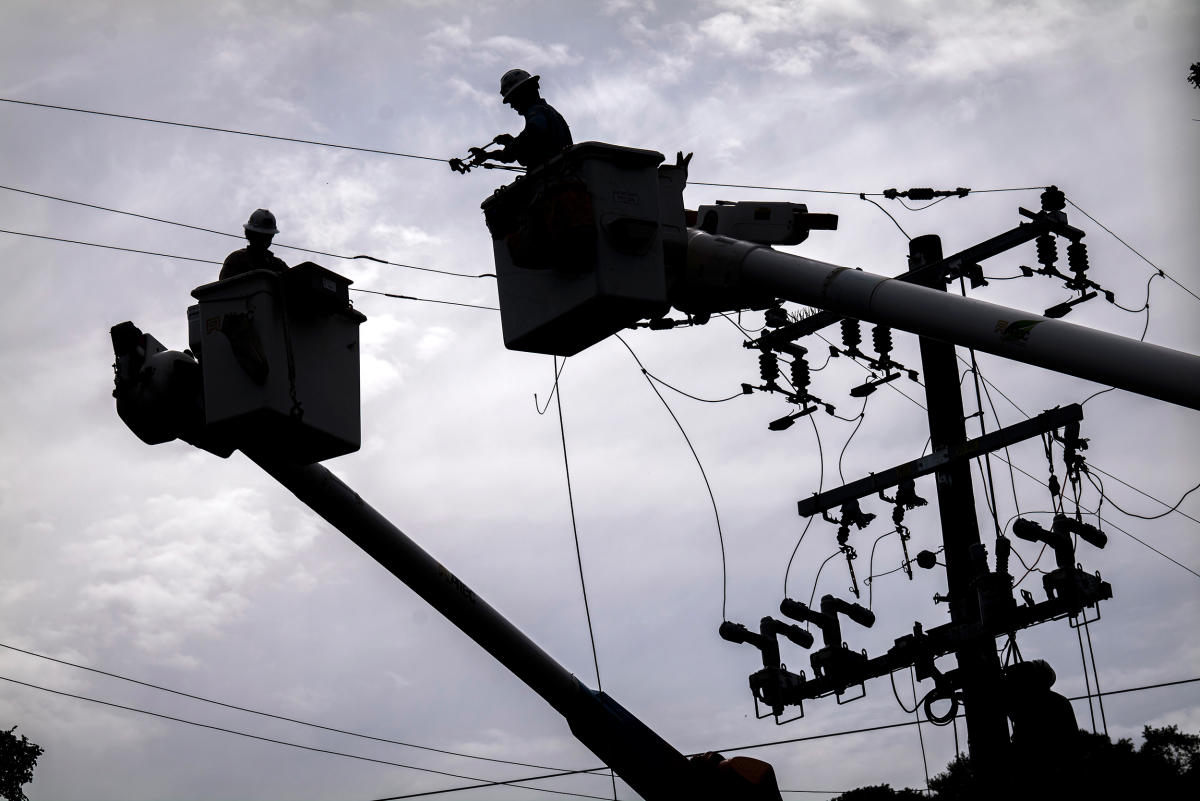"Microgrids" (old news)
“We’ve probably seen a tenfold increase in residential demand over the past six months,” one microgrid company said.

news.yahoo.com
"A turnkey solar-powered microgrid system ... can cost up to $45,000 depending on the size of the home"
"Renewable microgrids on a neighborhood level have become increasingly attractive to mitigate costs and ensure reliable energy in areas hit by power outages, said Sharelynn Moore, executive vice president of Bloom Energy, which runs about 100 microgrids in residential neighborhoods across the country. For instance, the company partnered with a real estate developer in 2019 to power a 40-acre mixed-use community in Alhambra, California."
Sharing power within a neighborhood would be an interesting possibility.
Most of systems people here have wouldn't support that unless a single large grid-forming battery system interconnected them.
That might be the way to go, to retrofit this into existing neighborhood systems.
SMA's "Multi Cluster" would have several Sunny Island systems, and on the "grid" connection they interconnect through a controller. That should let them disconnect and run stand-alone when necessary, but share their PV power when connected. What I don't know is how well they work isolating an overloaded island to let the others remain up.
This data sheet has a diagram showing multiple systems supporting a single house, not what I was thinking of. If the islands can have their own PV and disconnect, then it might.

news.yahoo.com


